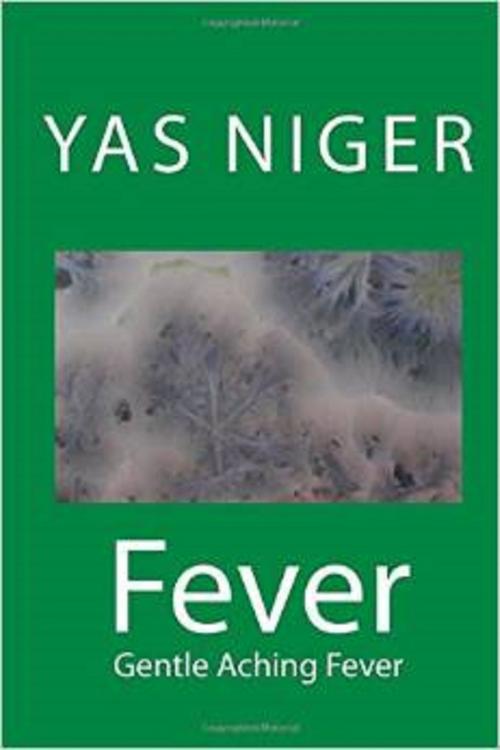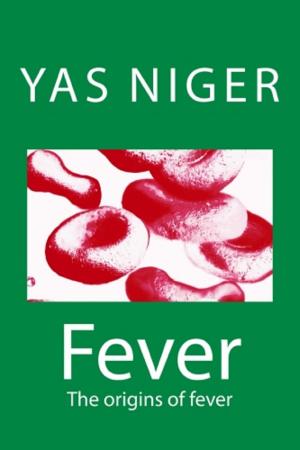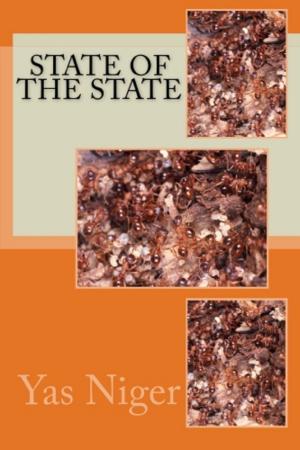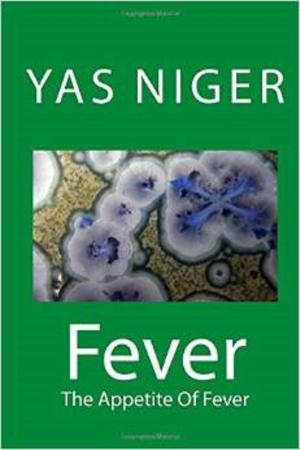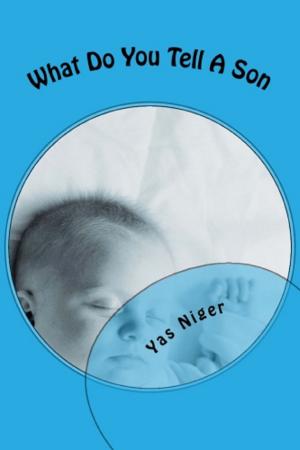Fever: Gentle Aching Fever (Book IV)
Nonfiction, History, Africa, Fiction & Literature, Cultural Heritage| Author: | Yas Niger | ISBN: | 9781311664310 |
| Publisher: | Yas Niger | Publication: | April 25, 2014 |
| Imprint: | Smashwords Edition | Language: | English |
| Author: | Yas Niger |
| ISBN: | 9781311664310 |
| Publisher: | Yas Niger |
| Publication: | April 25, 2014 |
| Imprint: | Smashwords Edition |
| Language: | English |
In this tale everything is like everything, just as everybody likens everyone else, in a mythical sense. Everything makes up everyone and everyone is made of everything, in one blur oddity of an ironic distinctively same clarity of nature. It tells of the huge promise a blessed land points to, it tells of the many bodies buried and alive, that had and are, waited and waiting, for the satisfaction they ever sought, but never got and most likely will never get, as one entity.
The story is about a family that expressively made up a nation that approved and doled out its version of justice to all its number, but appeases none of them really. It fostered its own colossal failure in combined efforts. It made that of its constituent membership insignificant and trivial in an unimportant way. This is the historical tale of the Nigerian nationhood.
There is the honest triumph of labour, the hugely varied effect of wit against diverse hardship, and the seeming effectiveness of corruption and varied segregation where all other approaches have failed. But the lingering damage these leaves in their wake is too tasteless to be edible and yet must be wholly eaten. There is the highly proclaimed effect of diverse personalities on their orientations, and these aren’t disguised in the blatant tribalism, regionalism and ethnicity that surround it all. Everything merges into vastly imitated robustly parochial ways, too alike to be sincerely different, revealing a rich nation with a fever it resembles.
In Gentle Aching Fever the people's appetite has been numbed by the hard filled period following their time of carefree growth. The people of the large west African nation of the Niger-area had settled into an era of wasted plenty. Their high expectations have veered badly as their story of continuous deception tells its own tale of failing dreams. Lives have changed from carefreeness to suspicion, plots and counter-plots. The military and its dishonorable heads of states gave the nation a lingering headache and the people could barely hold on to their original dream that no longer seem human in its perspective. The leaders lost the national dream alongside their humanity and the people were left with tough aspirations to pursue, while being nursed by bullies. The people forged onward amidst leaders with the most dubious gentle ways, deceptive as they were selfish. The people watched their dreams being stolen away, leaving the nation with a bad headache.
In this tale everything is like everything, just as everybody likens everyone else, in a mythical sense. Everything makes up everyone and everyone is made of everything, in one blur oddity of an ironic distinctively same clarity of nature. It tells of the huge promise a blessed land points to, it tells of the many bodies buried and alive, that had and are, waited and waiting, for the satisfaction they ever sought, but never got and most likely will never get, as one entity.
The story is about a family that expressively made up a nation that approved and doled out its version of justice to all its number, but appeases none of them really. It fostered its own colossal failure in combined efforts. It made that of its constituent membership insignificant and trivial in an unimportant way. This is the historical tale of the Nigerian nationhood.
There is the honest triumph of labour, the hugely varied effect of wit against diverse hardship, and the seeming effectiveness of corruption and varied segregation where all other approaches have failed. But the lingering damage these leaves in their wake is too tasteless to be edible and yet must be wholly eaten. There is the highly proclaimed effect of diverse personalities on their orientations, and these aren’t disguised in the blatant tribalism, regionalism and ethnicity that surround it all. Everything merges into vastly imitated robustly parochial ways, too alike to be sincerely different, revealing a rich nation with a fever it resembles.
In Gentle Aching Fever the people's appetite has been numbed by the hard filled period following their time of carefree growth. The people of the large west African nation of the Niger-area had settled into an era of wasted plenty. Their high expectations have veered badly as their story of continuous deception tells its own tale of failing dreams. Lives have changed from carefreeness to suspicion, plots and counter-plots. The military and its dishonorable heads of states gave the nation a lingering headache and the people could barely hold on to their original dream that no longer seem human in its perspective. The leaders lost the national dream alongside their humanity and the people were left with tough aspirations to pursue, while being nursed by bullies. The people forged onward amidst leaders with the most dubious gentle ways, deceptive as they were selfish. The people watched their dreams being stolen away, leaving the nation with a bad headache.
